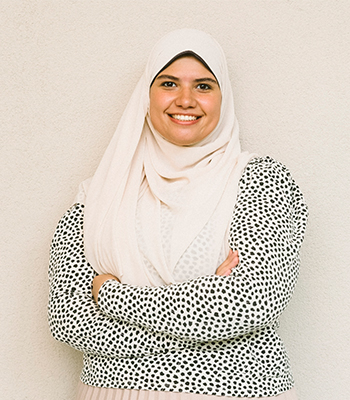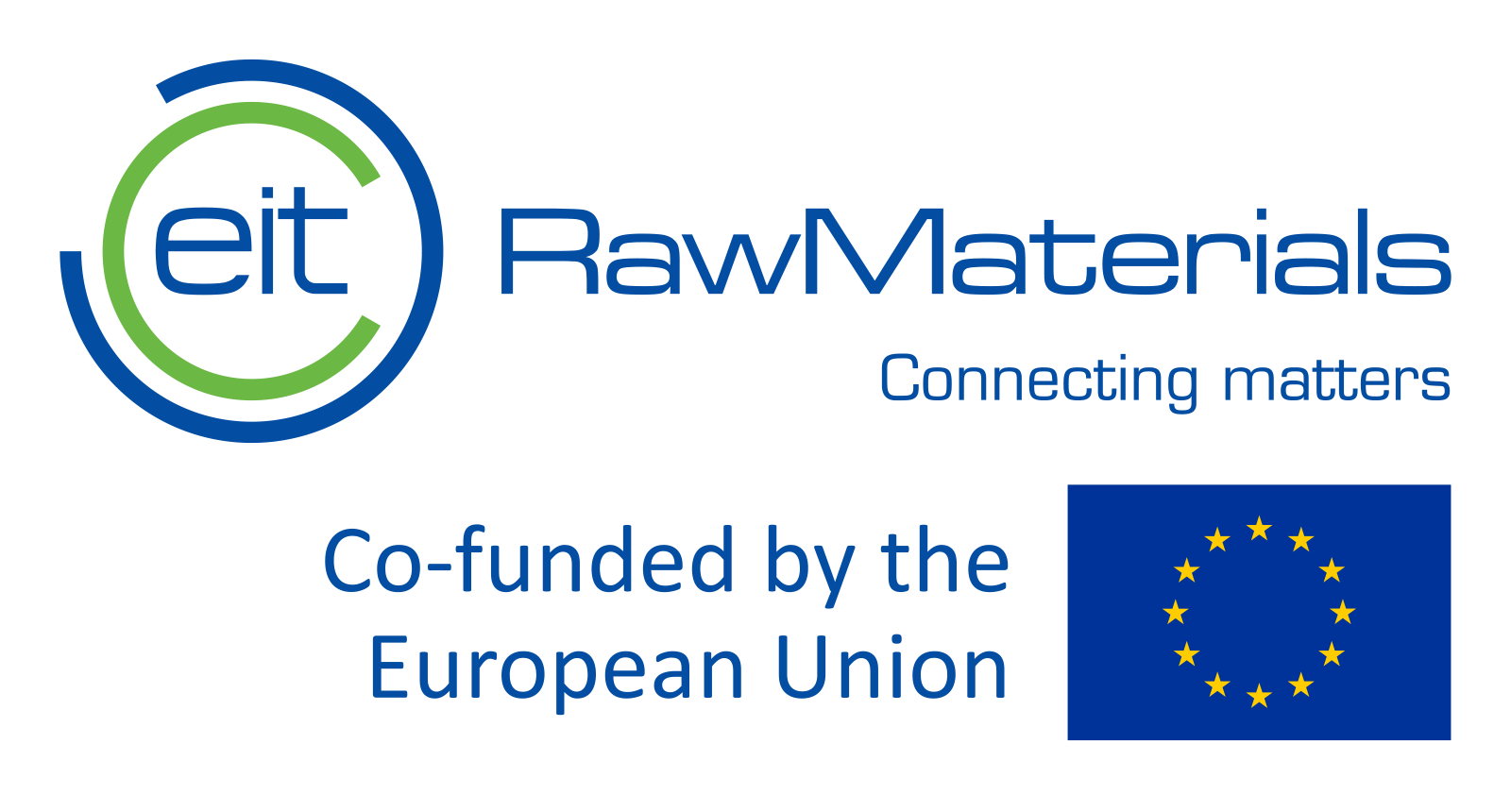Europe’s sustainability goals are fueling a growing demand for specialists in life cycle assessment (LCA) and sustainable engineering. The Certificate in Advanced LCA Simulation program is equipping professionals with the skills to meet this need.
Environmental engineer Zahraa Baza stresses the increasing demand for LCA specialists across all sectors.
“The European Green Deal is, of course, the major driving force behind this,” Baza notes.
She explains that one of the Green Deal’s key pillars, the Circular Economy Action Plan, aims to promote resource efficiency, reduce waste, and encourage recycling. Central to achieving these goals is the Ecodesign for Sustainable Products Regulation, which came into effect in July 2024.
“It seeks to strengthen Europe’s resource independence and make sustainable products the norm in the EU. Essentially, it means that every industry in the EU must focus on creating much more durable products that can be repaired, reused, and recycled. You need LCA specialists to achieve this,” Baza says.
Baza also points to other regulatory initiatives, like the Critical Raw Materials Act, which further increases the need for LCA simulation expertise.
“Life cycle assessment simulation is indispensable for evaluating and reducing the environmental impact of raw material processing. The need for experts trained in sustainable engineering is pressing in Europe,” she emphasizes.
Stimulating discussions and important insights
Baza holds a bachelor’s degree in environmental engineering from Zewail City of Science, Technology and Innovation in Egypt. During a five-year program, she gained extensive knowledge in climate change principles, environmental footprint analysis, and sustainability solutions. Her process design background provided her with the tools to analyze industrial processes from both technical and environmental perspectives, preparing her for advanced studies in LCA simulation.
Each topic was taught by leading experts in their field. It was inspiring to learn from professionals."
Baza explains that although she was familiar with the core principles of LCA when she enrolled in the Certificate in Advanced LCA Simulation program, she felt that she needed a deeper understanding and more practical skills to apply those concepts at a higher level.
“I came into the program as an environmental engineer with a basic understanding of LCA. I left with all the skills and tools I need to help drive industry forward, reduce environmental impact, and promote circularity,” Baza says.
She speaks highly of the instructors, fellow participants, and the rich content of the Certificate in Advanced LCA Simulation program.
“Each topic was taught by leading experts in their field. It was inspiring to learn from professionals who are not only pushing the discipline forward but also have significant hands-on experience in refining technologies and software for life cycle assessment,” Baza shares.
“The chance to discuss complex issues with leading experts was invaluable. Learning from other participants, many of whom were Ph.D. candidates, was also highly rewarding,” she adds.
Baza describes many of the discussions held in class as genuine eye-openers. One particularly impactful discussion centered on the limitations of standard LCA databases.
“We came to understand that a product manufactured in Europe might superficially appear to have the same environmental impact as one produced in India, which is a misleading assumption,” she explains.
“While standard LCA databases are sometimes indispensable, it’s critical that we prioritize collecting robust, context-specific data at every stage of a process. Only by doing so can we simulate with precision, truly optimize processes, and drive meaningful progress toward sustainability in our industries.”
Gaining practical experience with integrated LCA and process simulation tools, as well as thermodynamics software, was extremely beneficial. Learning how to compile a solid, impactful LCA report from start to finish was another very useful skill.”
Detailed knowledge and skills to apply LCA simulation
For Baza, the program’s key highlights included Process Model-Based LCA and Thermodynamics Fundamentals for LCA Simulations.
“Gaining practical experience with integrated LCA and process simulation tools, as well as thermodynamics software, was extremely beneficial. Learning how to compile a solid, impactful LCA report from start to finish was another very useful skill,” she mentions.
“After completing the program, I no longer view industrial processes as an impenetrable ‘black box’. Instead, I see them as systems I can simulate and analyze, using that knowledge to optimize and improve their efficiency,” Baza points out.
She notes that other participants found their own areas of interest, with many citing sustainable battery design as a standout topic.
“The program’s diverse and comprehensive content catered to a wide range of expertise and interests. It offered exactly the kind of knowledge, skills, and tools that you need to start immediately applying things in practice,” she remarks.
Baza confirms that the Certificate in Advanced LCA Simulation program delivered exactly what she had hoped for.
“The program was incredibly enriching and rewarding. It was an amazing experience – but it was also very hard work. A background in environmental engineering, chemical engineering, or a similar field is absolutely essential for participants,” she emphasizes.
“I warmly recommend the program to all experts looking to deepen their knowledge of LCA. You’ll gain the detailed expertise needed to effectively apply LCA simulations in your work, minimize environmental impact, and foster innovation in the transition to a circular economy.”
Read more about the Certificate in Advanced LCA Simulation program
Join our modules organized in Spring 2025
The program supports the EU’s sustainable products initiative to make products placed on the EU market more sustainable. It provides product designers with knowledge and tools to understand how they can adjust existing material cycles and design new processes to optimize the environmental performance of batteries while maintaining their functional quality. Applications include electronic equipment such as computers, phones, and tablets, the automotive and aeronautic sectors, and sustainable energy-related technologies.
The program is designed and developed by Aalto University, Metso Outotec Finland Oy, TU Bergakademie Freiberg, University of Bordeaux, Wroclaw University of Science and Technology, Technical Research Centre of Finland Ltd. VTT and Aalto University Executive Education.
















